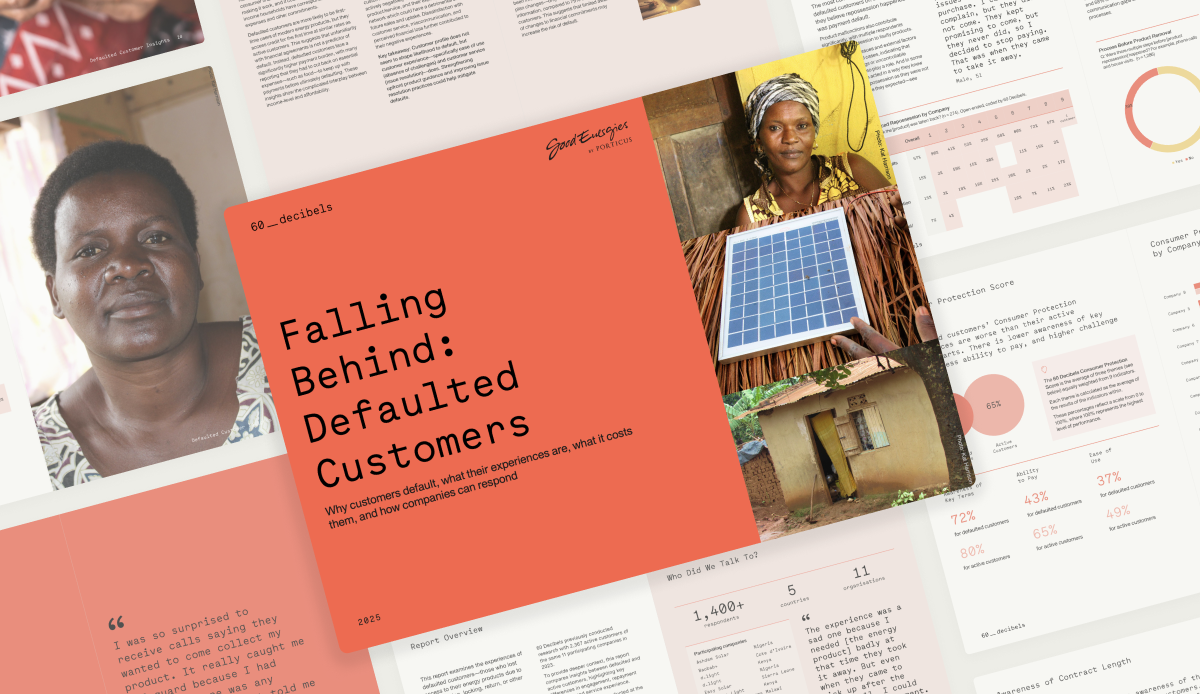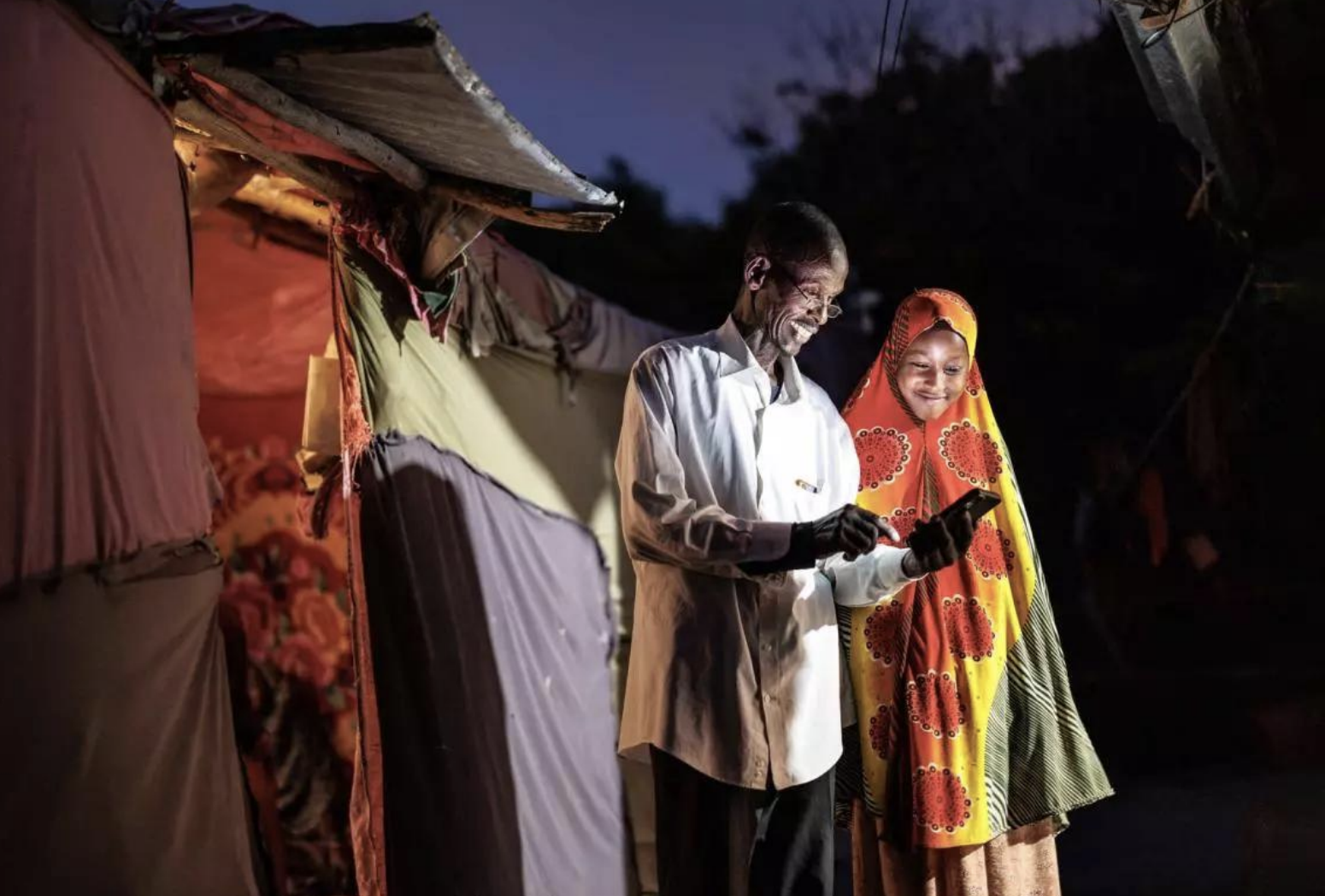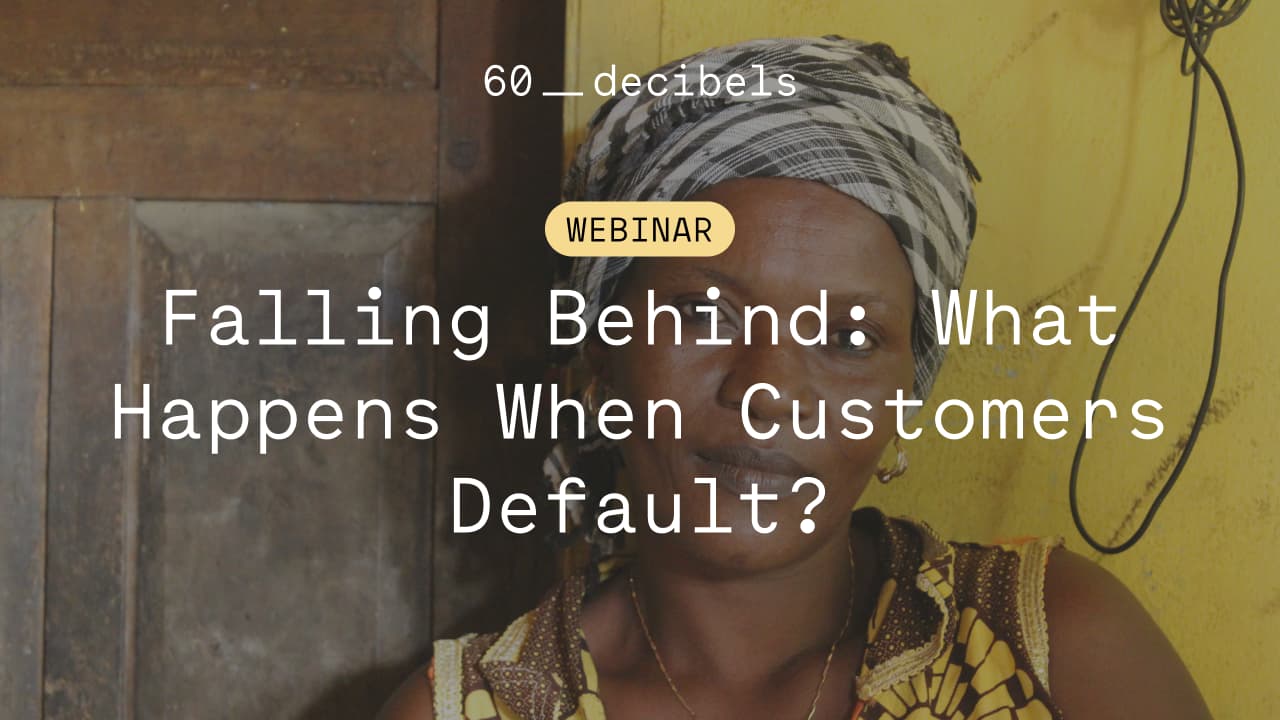

Powering Progress: The Impact of Mini-Grids in Sheder Refugee Camp
This mini-grid impact study was commissioned by Mercy Corps through the Transforming Humanitarian Energy Access (THEA) programme, funded by UK aid from the UK Government via the Transforming Energy Access platform.
The THEA programme aims to promote more sustainable energy delivery models in humanitarian settings to increase access to clean energy solutions for displacement-affected communities. By identifying sustainable and inclusive energy delivery models, the goal is to facilitate their replication and scale-up, ultimately enhancing energy access in displacement settings.
This study assesses the socio-economic impact of a mini-grid installed at the Sheder Refugee Camp, operated by Humanitarian Energy Plc, an Ethiopian limited company. The study was supported by Mercy Corps’ Enter Energy programme, which leverages public-private partnerships for clean energy solutions, providing an example of the alternative, sustainable energy delivery models that THEA seeks to promote.
The insights in this report are based on phone interviews with 460 mini-grid customers across three refugee settlement zones of the Sheder Refugee Camp. These interviews, conducted by 60 Decibels trained local researchers, provide a deeper understanding of how the mini-grid system has impacted the lives of those it serves.
94%
16%
60%
Top Takeaways
Humanitarian Energy is reaching underserved population who have limited alternatives
94% of customers have no prior access to services like the mini-grid connection provides, and 9 in 10 say they cannot easily find a good alternative. This highlights the critical role Humanitarian Energy plays in filling a significant market gap in refugee camps, where access to reliable energy sources is often scarce. By focusing on providing improved energy access to populations that are both vulnerable and underserved, Humanitarian Energy addresses an urgent need in environments where energy scarcity can impede daily life, safety, and well-being.
Almost all customers are moving up the energy ladder to improved energy sources
99% of customers have moved up the energy ladder, transitioning from traditional energy sources like torches (89%), generators (57%), and kerosene lamps (49%) to the mini-grid service, which is now used by 100% of customers.
99% of customers have reduced their use of previous lighting sources, with 57% no longer using them at all. This shift is largely attributed to the Humanitarian Energy mini-grid, which fully meets the lighting and energy needs of 77% of customers.
Humanitarian Energy services are positively impacting customers’ quality of life
Most of the customers say their quality of life has improved, with 3 in 5 saying it has improved significantly.
The Humanitarian Energy mini-grid has also enhanced customers’ sense of safety and security, with 91% feeling safer in their homes and businesses and 89% feeling more secure about their assets. This underscores how the mini-grid provides a deeper sense of peace of mind, improving overall well-being.
Impact is significantly higher among business users compared to household users.
Humanitarian Energy has a good NPS score but there is scope to increase satisfaction by addressing payment burden
Humanitarian Energy has an NPS of 45, on par with the 60 Decibels Energy Benchmark of 49. Customers talk of reliable power supply and affordability as the top reasons for recommending Humanitarian Energy. However, there are concerns regarding billing accuracy, affordability, and frequent outages. Affordability is a notable concern as 1 in 5 customers consider mini-grid payment a financial strain. Some customers also report delays in power restoration after payment. Addressing these concerns will help in improving customer experience and impact.



